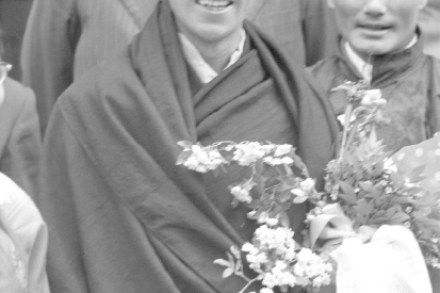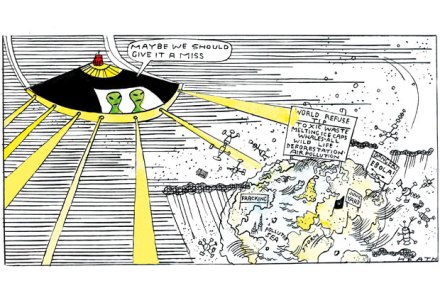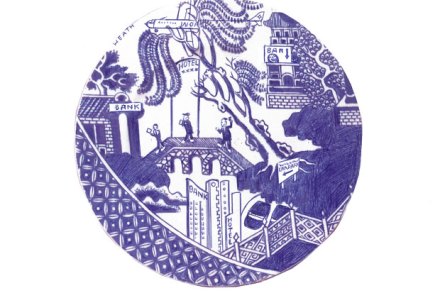Little brother’s helper
Can there ever have been another book in which one of the authors (Anne Thurston in this case) so effectively pulls the rug out from under the other? Of course Gyalo Thondup is entitled to tell his story, beginning with his life as a boy in a small town near the Tibet-China border where, in 1937, his younger brother was identified as the 14th Dalai Lama. He recalls everything from then on without a shadow of doubt: his family’s long overland trip to Lhasa, their transformed, luxurious life there, his trips to China, India, Taiwan and Hong Kong, learning Chinese and about China, and marrying a Chinese woman. He further












